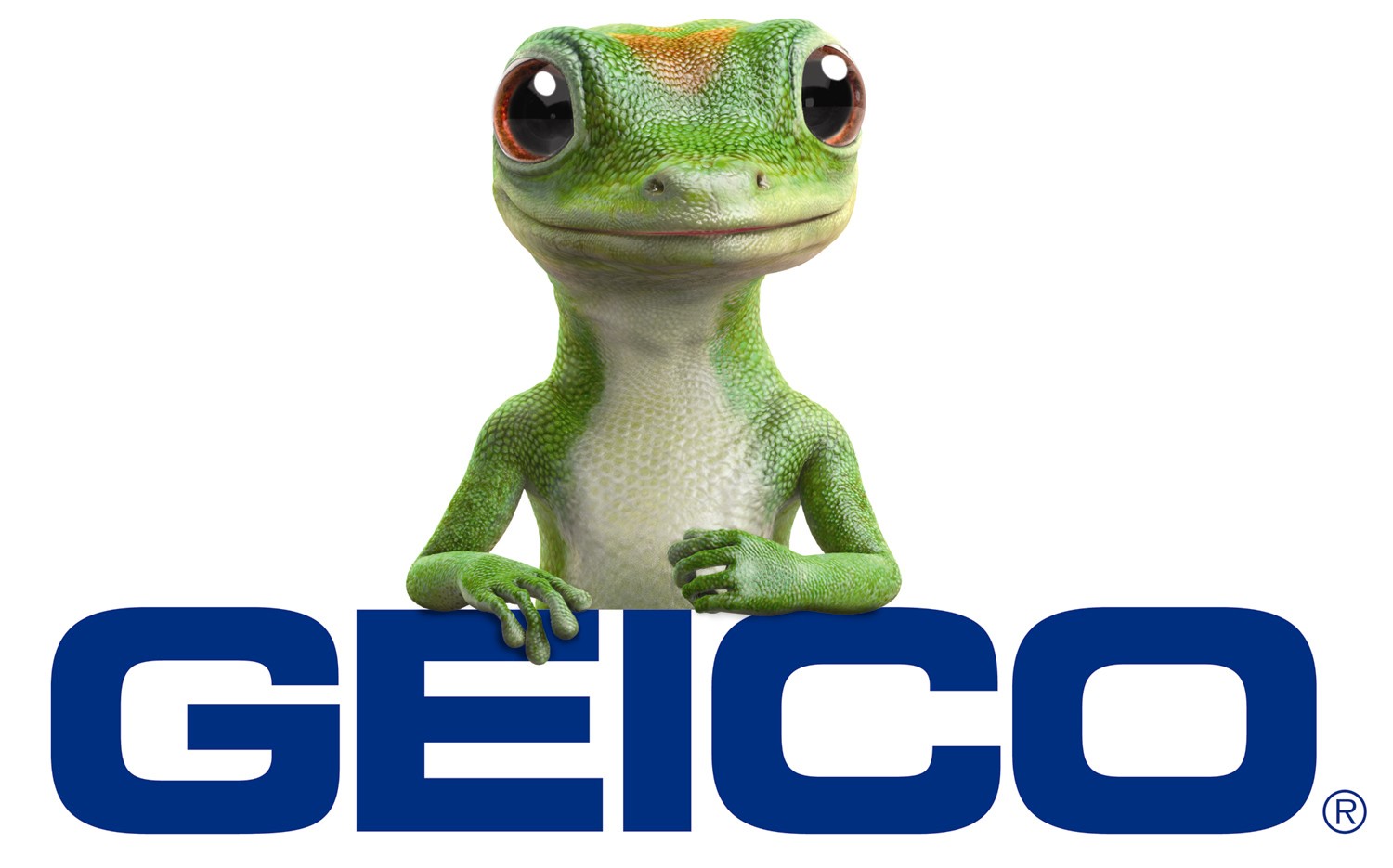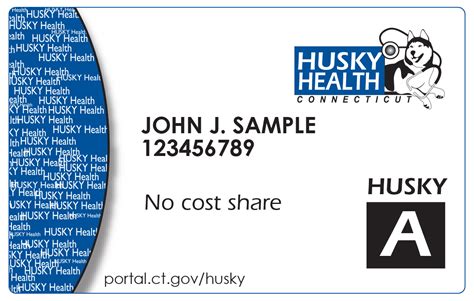Boat Insurance Coverage
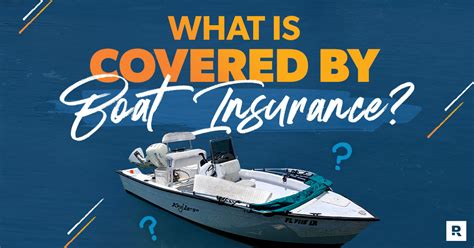
Boat insurance is a crucial aspect of boating and marine activities, providing essential protection for boat owners and operators. This specialized form of insurance covers a wide range of risks and liabilities associated with owning and using a boat, whether it's a pleasure craft, a yacht, or a commercial vessel. In this comprehensive guide, we will delve into the world of boat insurance, exploring its various aspects, benefits, and considerations to help you make informed decisions about protecting your maritime investments.
Understanding Boat Insurance: An Overview
Boat insurance, often referred to as marine insurance, is a type of coverage designed to protect boat owners and operators from financial losses arising from various incidents and perils at sea. It offers a comprehensive solution to mitigate the risks associated with boating, which can range from collisions and storms to theft and damage caused by natural disasters.
The importance of boat insurance cannot be overstated, especially considering the unique nature of marine environments and the potential for unexpected events. From sudden squalls to unexpected mechanical failures, boat owners face a multitude of risks that can result in significant financial burdens. Boat insurance acts as a safety net, providing peace of mind and financial support when needed.
Key Components of Boat Insurance Coverage
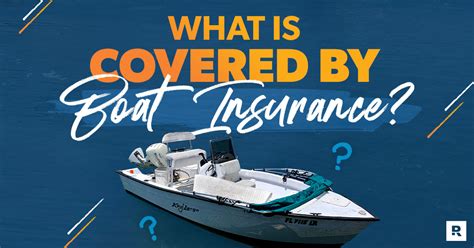
Boat insurance policies are tailored to meet the specific needs of boat owners and the unique characteristics of their vessels. Here are some of the essential components and coverages typically included in a boat insurance policy:
Hull and Machinery Coverage
This is the core coverage of any boat insurance policy. It provides protection for the physical structure of the boat, including the hull, engine, and other essential components. Hull and machinery coverage ensures that boat owners can repair or replace their vessels in the event of damage or loss caused by covered perils.
| Covered Perils | Examples |
|---|---|
| Collision | Accidental collisions with other vessels, fixed objects, or debris. |
| Fire | Damage or loss due to fire, including electrical fires and fuel-related fires. |
| Storm Damage | Damage caused by severe weather conditions, such as hurricanes, tornadoes, or heavy storms. |
| Theft | Protection against theft of the boat or its components. |
| Stranding | Damage resulting from the boat running aground or striking submerged objects. |
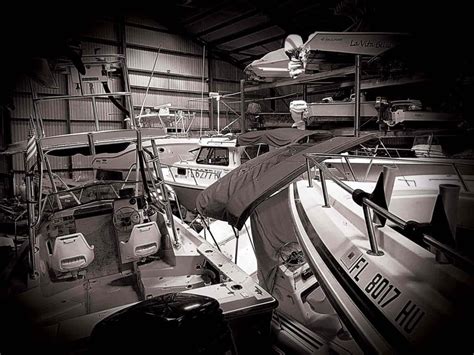
Liability Coverage
Liability coverage is a critical aspect of boat insurance, as it protects boat owners from financial losses arising from accidents or incidents that result in bodily injury or property damage to others. This coverage is particularly important for boat owners who frequently entertain guests or passengers on their vessels.
Liability coverage typically includes:
- Bodily Injury Liability: Protection against claims for medical expenses, pain and suffering, and other damages resulting from injuries sustained by others due to the boat owner's negligence.
- Property Damage Liability: Covers claims for damage to other boats, docks, marinas, or any other property caused by the insured boat.
- Defense Costs: Provides legal defense and covers court costs if the boat owner is sued as a result of an accident.
Medical Payments Coverage
Medical payments coverage, often referred to as MedPay, is designed to provide immediate financial assistance for medical expenses incurred by the boat owner, passengers, or crew members following an accident, regardless of fault. This coverage can be a lifeline, ensuring prompt medical attention without the need for lengthy legal proceedings.
Additional Coverages
Boat insurance policies can be customized with additional coverages to meet the unique needs of boat owners. Some of these optional coverages include:
- Uninsured/Underinsured Boater Coverage: Protects boat owners in the event of an accident with a boater who has insufficient or no insurance coverage.
- Fishing Gear and Equipment Coverage: Provides protection for fishing gear, rods, reels, and other specialized equipment used for fishing activities.
- Personal Effects Coverage: Covers personal belongings and items on board the boat, such as clothing, electronics, and valuables.
- Emergency Assistance Coverage: Offers assistance in emergency situations, including search and rescue operations, medical evacuation, and emergency repairs.
Factors Influencing Boat Insurance Premiums
The cost of boat insurance, known as premiums, can vary significantly depending on several factors. Understanding these factors can help boat owners make informed decisions when selecting a policy and managing their insurance costs.
Boat Value and Type
The value and type of the boat are primary factors in determining insurance premiums. High-value boats, luxury yachts, and specialized vessels often carry higher premiums due to the increased risk and potential for greater financial losses.
| Boat Type | Average Premium Range |
|---|---|
| Pleasure Craft (e.g., runabouts, fishing boats) | $200 - $1,000 annually |
| Yachts (up to 50 feet) | $1,000 - $3,000 annually |
| Large Yachts (over 50 feet) | $3,000 - $10,000+ annually |
Location and Usage
The location where the boat is primarily used and stored can impact insurance premiums. High-risk areas prone to severe weather, heavy boating traffic, or theft may result in higher premiums. Additionally, the frequency and duration of usage can also influence the cost of insurance.
Operator’s Profile
The boat owner’s and operator’s profile, including age, experience, and claims history, is a significant factor in determining premiums. Young, inexperienced operators may face higher premiums, while older, experienced boat owners with a clean claims history often enjoy more competitive rates.
Safety Equipment and Discounts
Investing in safety equipment and taking proactive measures to reduce risks can lead to insurance discounts. Examples include installing fire extinguishers, GPS navigation systems, depth finders, and having a well-maintained boat.
Choosing the Right Boat Insurance Provider
Selecting the right boat insurance provider is a crucial decision that can impact the overall experience and level of protection. Here are some key considerations when choosing an insurance company:
Reputation and Financial Strength
Look for insurance companies with a solid reputation in the marine industry and a strong financial standing. A financially stable insurer ensures that they will be able to fulfill their obligations and provide timely claim settlements.
Coverage Options and Customization
Choose an insurer that offers a wide range of coverage options and the flexibility to customize policies to meet your specific needs. This ensures that you can tailor your insurance to your boat’s unique requirements.
Claims Handling and Customer Service
The efficiency and responsiveness of an insurer’s claims handling process are critical. Look for companies with a proven track record of prompt and fair claim settlements. Additionally, excellent customer service can make a significant difference during the policy selection and claims process.
Discounts and Bundling Opportunities
Inquire about potential discounts and the opportunity to bundle your boat insurance with other policies, such as homeowners or auto insurance. Bundling can often lead to significant savings and streamlined policy management.
The Claims Process: What to Expect
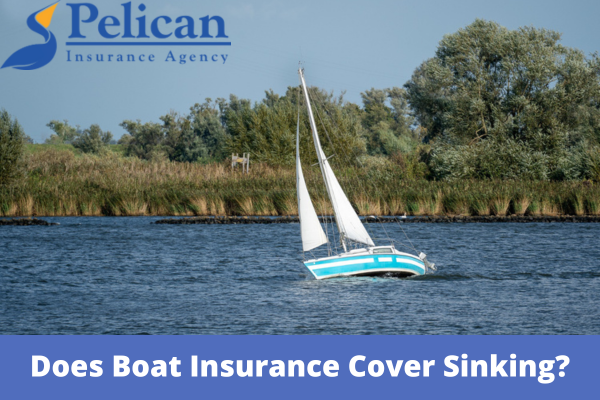
Understanding the boat insurance claims process is essential for boat owners. When an incident occurs, prompt and accurate reporting is crucial to ensure a smooth claims experience.
Reporting a Claim
Immediately after an incident, contact your insurance provider to report the claim. Provide as much detail as possible, including the date, time, location, and circumstances of the event. Take photographs or videos of any damage to support your claim.
Claims Investigation
The insurance company will initiate an investigation to assess the extent of the damage and determine the cause. This process may involve inspecting the boat, reviewing maintenance records, and gathering statements from witnesses or involved parties.
Claims Settlement
Once the investigation is complete, the insurance company will determine the value of the claim and provide a settlement offer. The settlement amount will be based on the policy’s terms, conditions, and any applicable deductibles.
Repair and Recovery
With the settlement in hand, boat owners can proceed with repairs or replacement. It’s important to choose reputable repair facilities and maintain clear records of all expenses incurred during the repair process.
Future Trends and Innovations in Boat Insurance
The boat insurance industry is evolving, driven by technological advancements and changing consumer needs. Here are some trends and innovations shaping the future of boat insurance:
Digitalization and Telematics
Digital technologies and telematics are transforming the way boat insurance is managed and delivered. Insurers are leveraging data analytics and connected devices to offer more personalized and data-driven insurance products. Telematics devices installed on boats can provide real-time data on boat usage, performance, and safety, enabling more accurate risk assessment and potentially leading to customized insurance plans.
Enhanced Safety Features
The development of advanced safety technologies, such as collision avoidance systems, advanced navigation tools, and improved communication systems, is enhancing boat safety and reducing the risk of accidents. Insurers are increasingly recognizing the value of these features and offering incentives or discounts to boat owners who invest in such technologies.
Sustainability and Environmental Initiatives
With growing concerns about environmental sustainability, the marine industry is embracing eco-friendly practices. Boat insurance providers are expected to play a role in this transition by offering incentives for boat owners who adopt sustainable practices, such as using eco-friendly materials, reducing fuel consumption, and implementing waste management strategies.
Increased Focus on Data Analytics
Data analytics is becoming a powerful tool in the boat insurance industry. Insurers are leveraging big data and advanced analytics to identify trends, predict risks, and develop more accurate risk models. This data-driven approach enables insurers to offer more precise pricing and coverage options, benefiting both boat owners and the industry as a whole.
Conclusion: Navigating the Waters of Boat Insurance
Boat insurance is an indispensable tool for boat owners, providing financial protection and peace of mind in an unpredictable maritime environment. By understanding the key components of boat insurance coverage, the factors influencing premiums, and the evolving trends in the industry, boat owners can make informed decisions to protect their investments and enjoy their boating experiences with confidence.
How much does boat insurance typically cost?
+The cost of boat insurance varies depending on several factors, including the value and type of the boat, location, usage, and operator’s profile. On average, pleasure craft owners can expect to pay between 200 and 1,000 annually, while yachts can range from 1,000 to 10,000+ annually. It’s essential to obtain quotes from multiple insurers to find the most competitive rates for your specific circumstances.
What is the process for filing a boat insurance claim?
+To file a boat insurance claim, you should immediately report the incident to your insurance provider. Provide detailed information about the event, including the date, time, location, and circumstances. Take photos or videos of any damage. The insurer will initiate an investigation, assess the claim, and provide a settlement offer based on the policy terms and conditions.
Are there any discounts available for boat insurance?
+Yes, boat insurance providers often offer discounts to policyholders. Common discounts include multi-policy discounts (bundling boat insurance with other policies), safety equipment discounts (for installing safety features like fire extinguishers or GPS), and good driver discounts for experienced, accident-free boat operators. Additionally, some insurers provide loyalty discounts for long-term customers.
What should I consider when choosing a boat insurance provider?
+When selecting a boat insurance provider, consider their reputation, financial strength, and coverage options. Look for insurers with a strong track record in the marine industry and the financial stability to honor claims. Ensure they offer customizable policies to meet your specific needs. Also, consider their claims handling process and customer service reputation, as these factors can significantly impact your overall experience.

